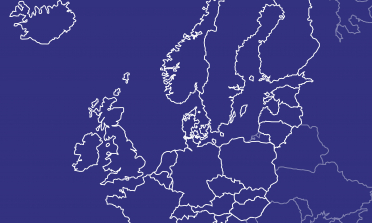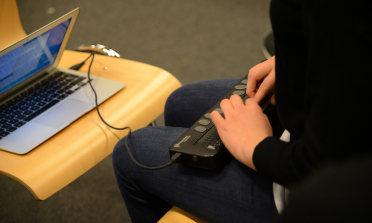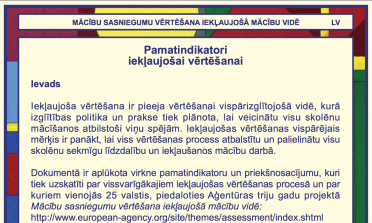EASNIE’s latest open-access publications are available below. The EASNIE Open Access Policy allows the public to freely access, download and share these resources. Certain resources, such as practical tools, are also open source. You can modify open-source resources to suit your needs. Please refer to the publication information page at the beginning of any publication to confirm its licence and usage guidelines.
Publications are available in up to 25 EASNIE languages. You can use the filters to search and select the publications you want to see based on their theme, type (such as reports, literature reviews, flyers), the countries they relate to, the language and the year. The Archive filter allows you to select publications from before 2014. You can select multiple filters to narrow down your search.
Visit the publications listing page for a complete list of EASNIE publications, along with details, links and filters based on theme, type, language, year and file type.

Cyprus Recommendations on Inclusive Assessment
Document summarising the 'Assessment in Inclusive Settings' conference held in 2008. It contains conclusions and recommendations for developing assessment processes that support inclusion.
Assessment in Inclusive Settings – Key Issues for Policy and Practice flyers
Flyer with an overview of available information, the working definition of inclusive assessment and the principles and focus of inclusive education in the Assessment in Inclusive Settings project.
Lisbon Declaration – Young People’s Views on Inclusive Education
This Declaration covers what the young people presented at the 2007 European Hearing, concerning their rights, needs, challenges and recommendations to achieve successful inclusive education.
Information and Communication Technology in Special Needs Education flyer
Flyer on Information and Communication Technology in Special Needs Education – Future Visions for Policy, Practice and Research & Development.
Outline Indicators for Inclusive Assessment
Flyer presenting a series of 'outline' indicators and associated preconditions that are considered crucial for inclusive assessment. Representatives from 25 countries have agreed on them.
